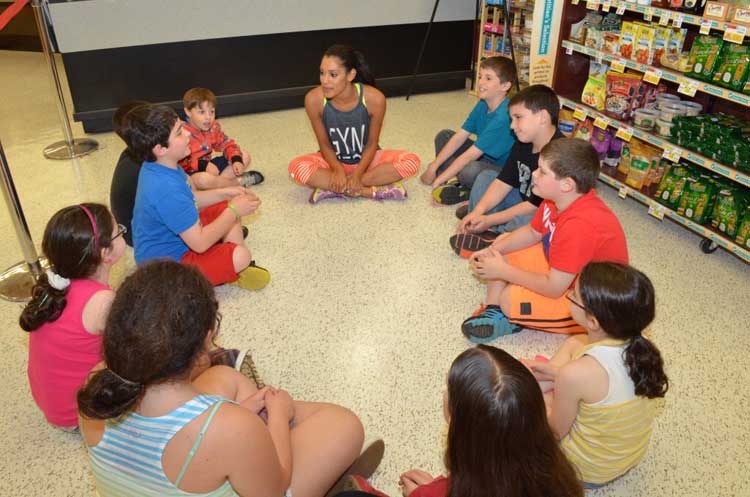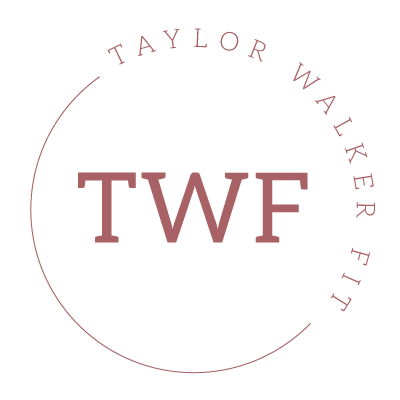*** This post is a sponsored conversation brought to you by my friends from Baptist Health South Florida.

Many of you may or may not know that I was formerly a high school physical education teacher. I have a Masters Degree in K-12 Physical Education and spent many service hours observing school children of all ages in the gymnasium and on the playground. So children’s issues are always on the forefront of my mind. Especially as the hubs and I are getting more and more serious about creating our own family. Many of you most likely saw this video of Keaton Jones, the young boy being bullied at school. If you made it through without bawling your eyes out…congratulations! I got about 30 seconds in before my heart literally shattered into smithereens. I am sure we have all been in a place where we got bullied, and if you haven’t, then you are one of the lucky ones. With the onset of social media cyberbullying is at an all-time high and can happen to anyone at any age. Giving children or adults little to nowhere to go. Bullying can have detrimental effects on the health and wellness of a child and when my friends from Baptist Health South Florida brought up this topic I was all about wanting to share the knowledge with all of you!

This article explains that bullying is different from an occasional conflict, according to Suzanne Keeley, Ph.D., a psychologist affiliated with Baptist Health and president emeritus of The Melissa Institute for Violence Prevention and Treatment, a Miami-based non-profit organization dedicated to preventing violence. “In conflict, both parties disagree about something, but there’s no imbalance of power,” Dr. Keeley said. “In a bullying situation, the child who is bullying has power over the victimized child and increases that power with each bullying incident.” Bullying and conflict does not just have to happen in child-like situations. It can happen in the workplace and even at home and you should know and beware of the differences.
According to the article bullying can have some series side affects: “Children who are bullied – or are a bully – are more likely to suffer from headaches and stomachaches, develop anxiety and depression and have a higher risk of suicide.” There are also some scary statistics that show how harmful bullying is for the guy or girl inflicting or receiving the harm
Did you know?
-
- 60 percent of males who bully in school have criminal records by age 24, according to a Clemson University study.
- 75 percent of people say they have been affected by bullying.
- Peers are present in 90 percent of bullying incidents.
Some Signs of Bullying Include:
• Unexplained injuries.
• Changes in eating habits, including coming home from school hungry.
• Complaints of stomachaches, headaches or illnesses and a desire to stay home from school.
• Loss of interest in school and declining grades.
For more signs makes sure to check out the full post here.
If bullying, including cyberbullying, is suspected it is recommended to begin an open dialogue with your child about the situation at hand. The article states that you should commend the child for coming forward, speak to the child’s teacher or counselor, educate yourself on your child’s school procedures on bullying, seek professional help and provide tips for your child who is dealing with bullying.
As a parent it is also never too early for you to speak to your child about bullying. As the article states: “Parents are the most powerful adults in children’s lives,” she said. “When they model respectful language, compassion and empathy, they are teaching children to treat others as they would like to be treated.” Again, for more on the subject of child bullying make sure to take a look at this article today.



